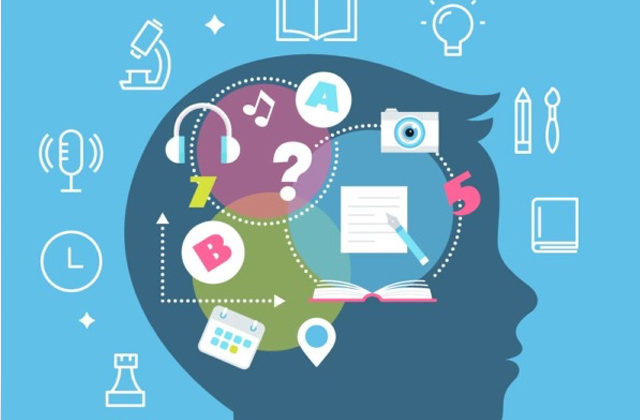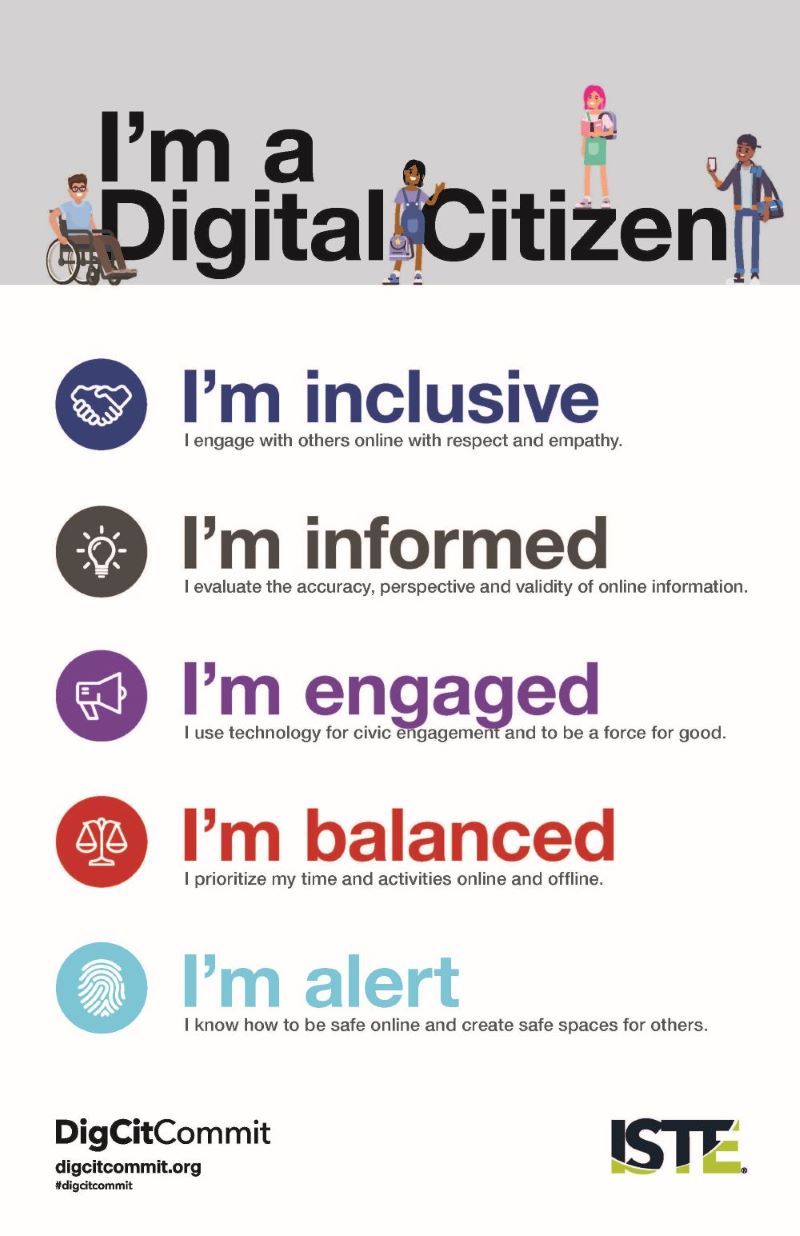Technology took a considerable space and plays an important role in our lives through it's involvement in everything around us such as: cars, machines, phones, computers, cameras, tablets, social media ...
This generation was born with this technology and they have to keep up with it's development so it have to be included in their educational curriculum especially after this pandemic and the urgency to complete with online classes.
Integrating technology into teaching is very helpful for teachers in many ways :
- Avoid routine and lecturing using power point, games, polls, videos, graphics...
- Differentiate instruction to modify information that fits students abilities.
- Facilitates communication with students and parents.
- Track students attendance, grades, progress, feedback's...
On the other hand this integration enhance students learning experience by :
- Increase students engagement, interactive, participation and motivation during class.
- Help students with different learning styles.
- Increase hands-on learning opportunities.
- Use technology in a good way instead of social media and games.
- Easily unlimited accessibility.
- Working independently or collaboratively at their own space.
- Prepare students with life skills and careers.
One of the important factors in integrating technology into teaching is that it is an accessible long-distance learning for both teachers and students, no need to cross and go away along distances to reach schools, collages or universities.




